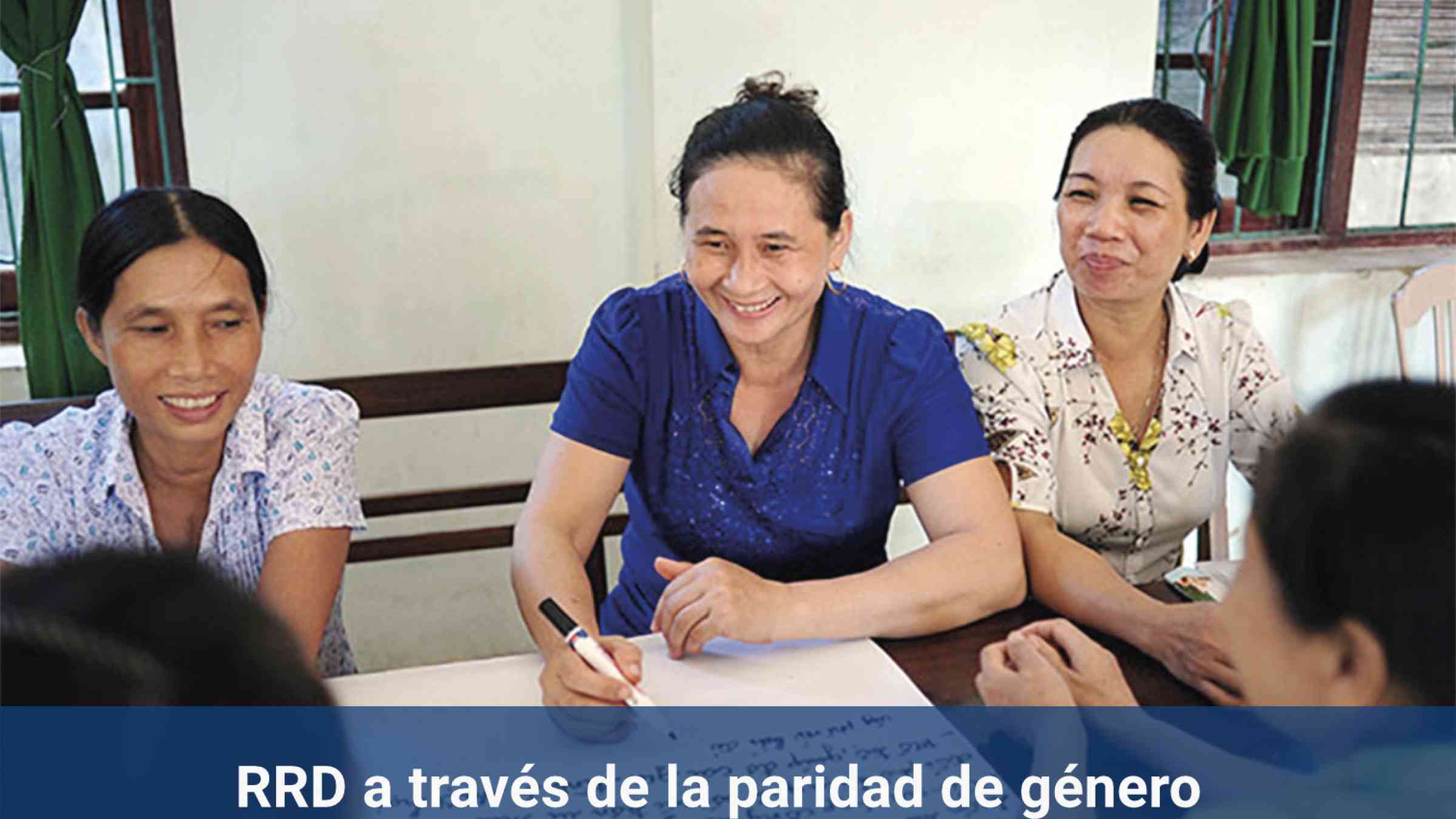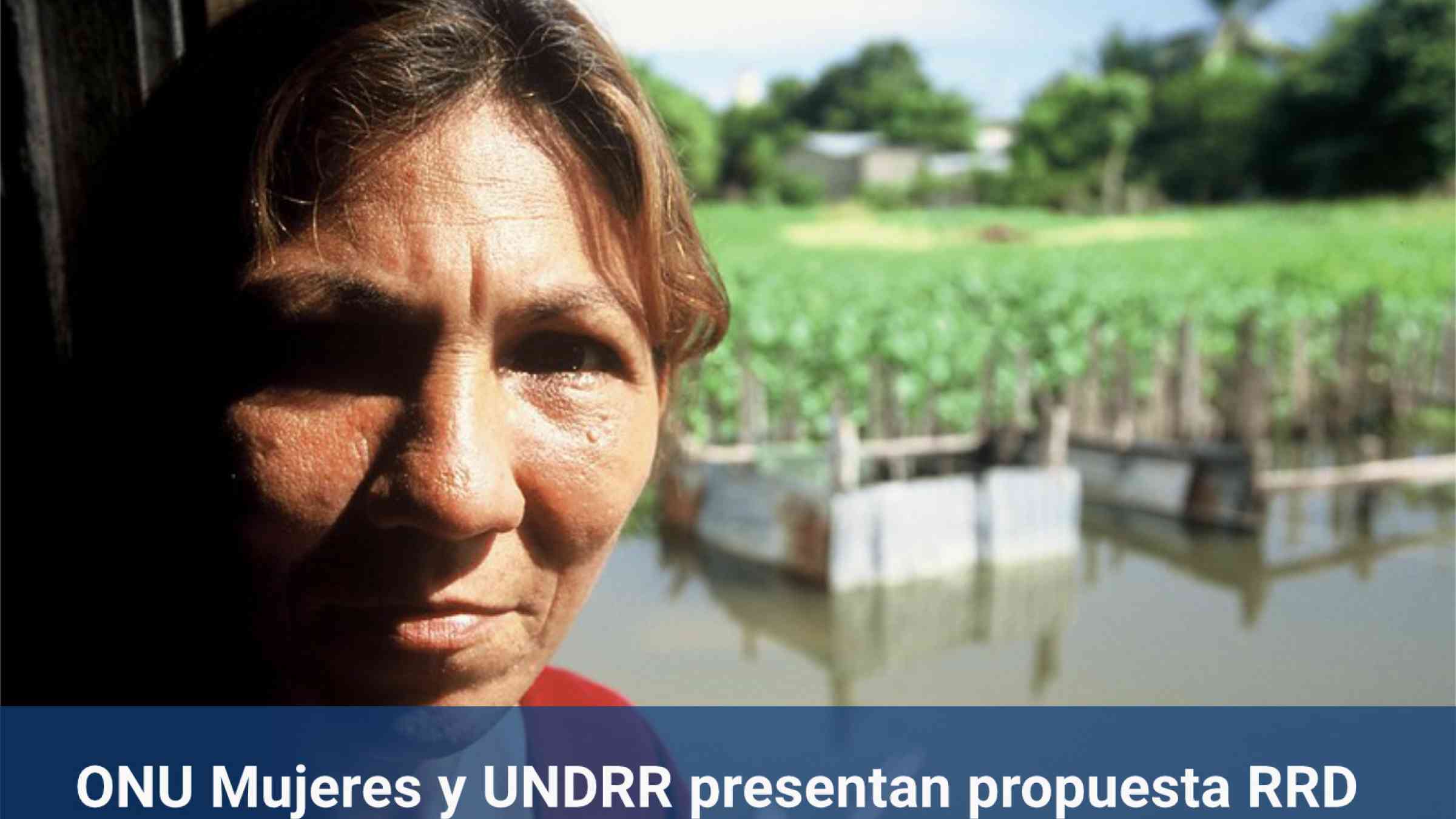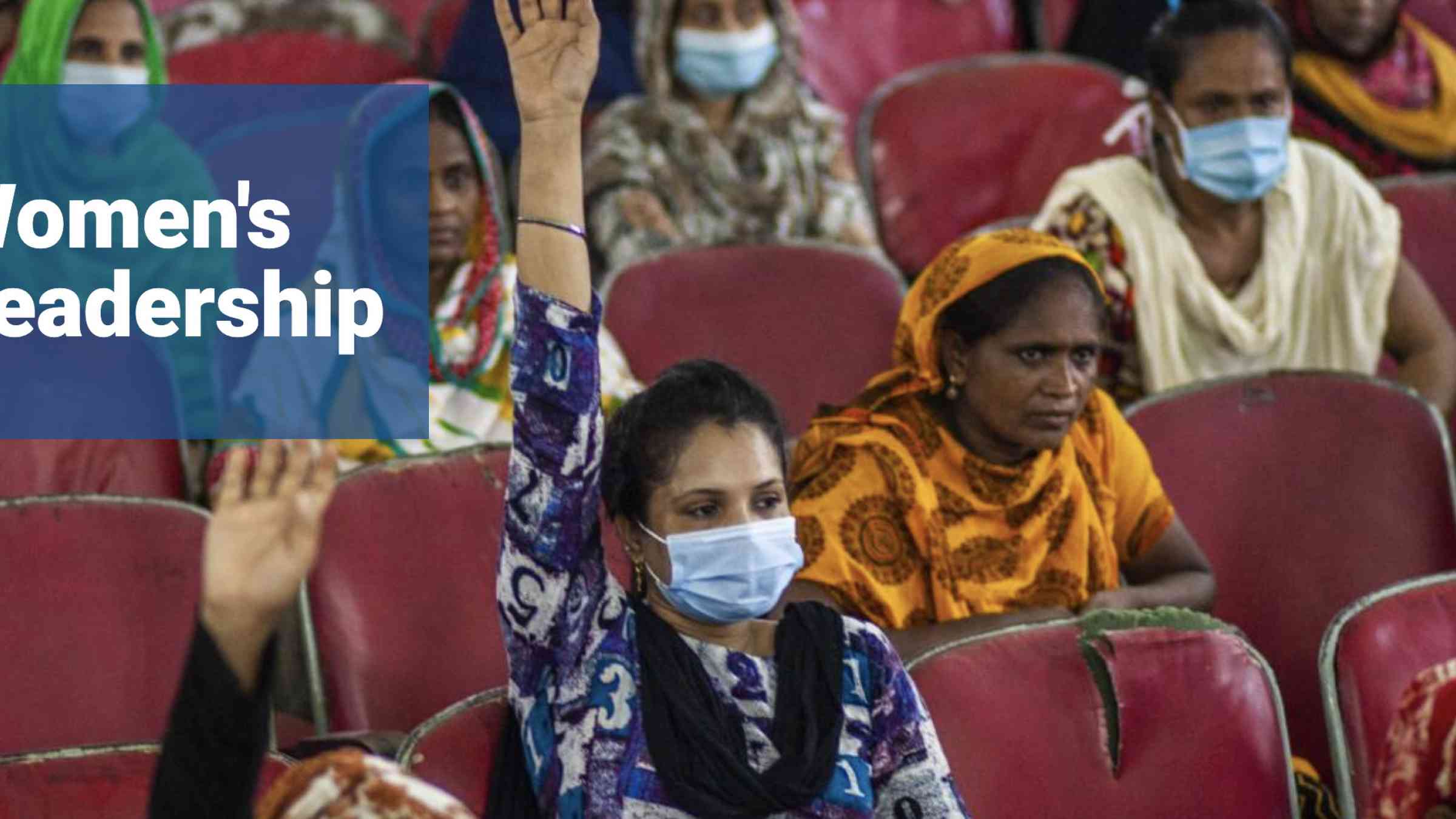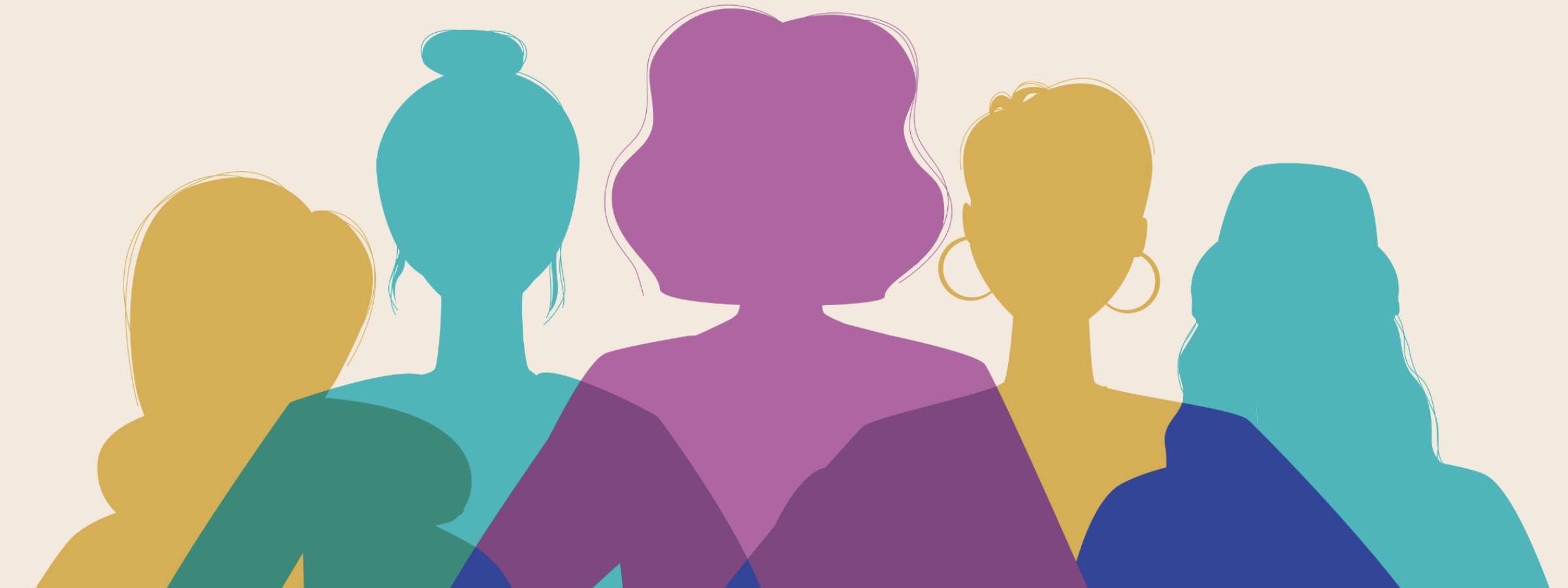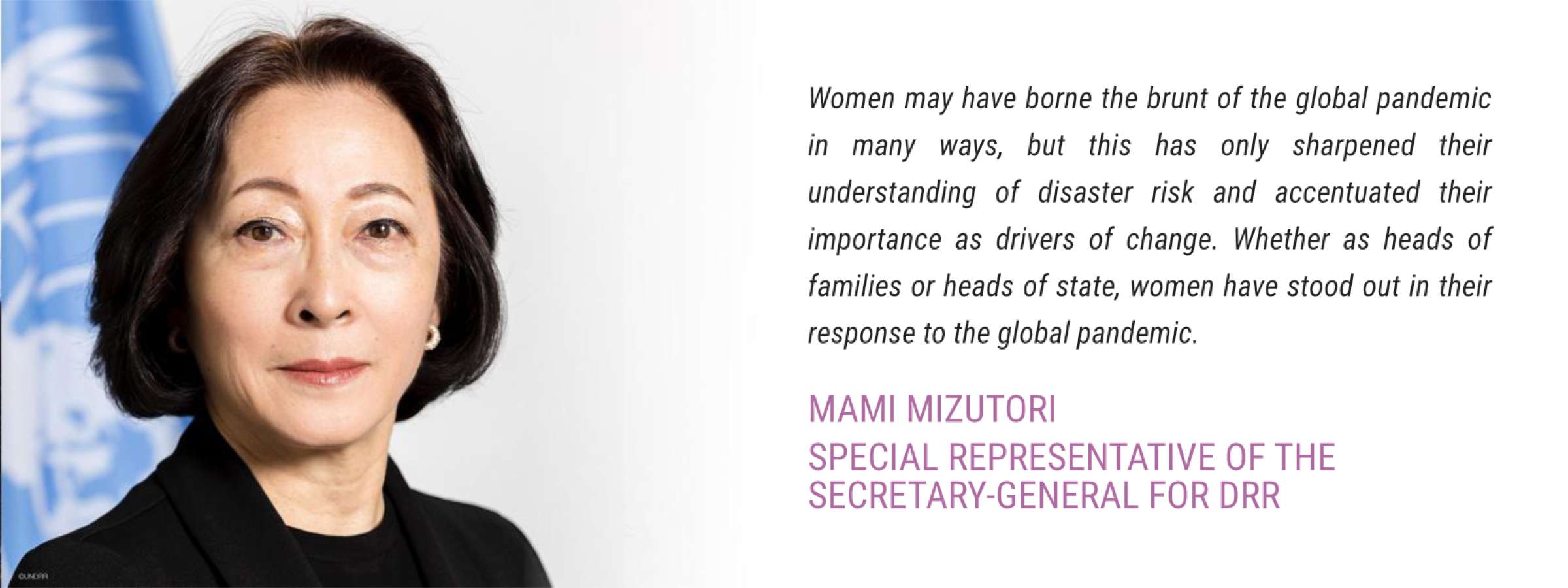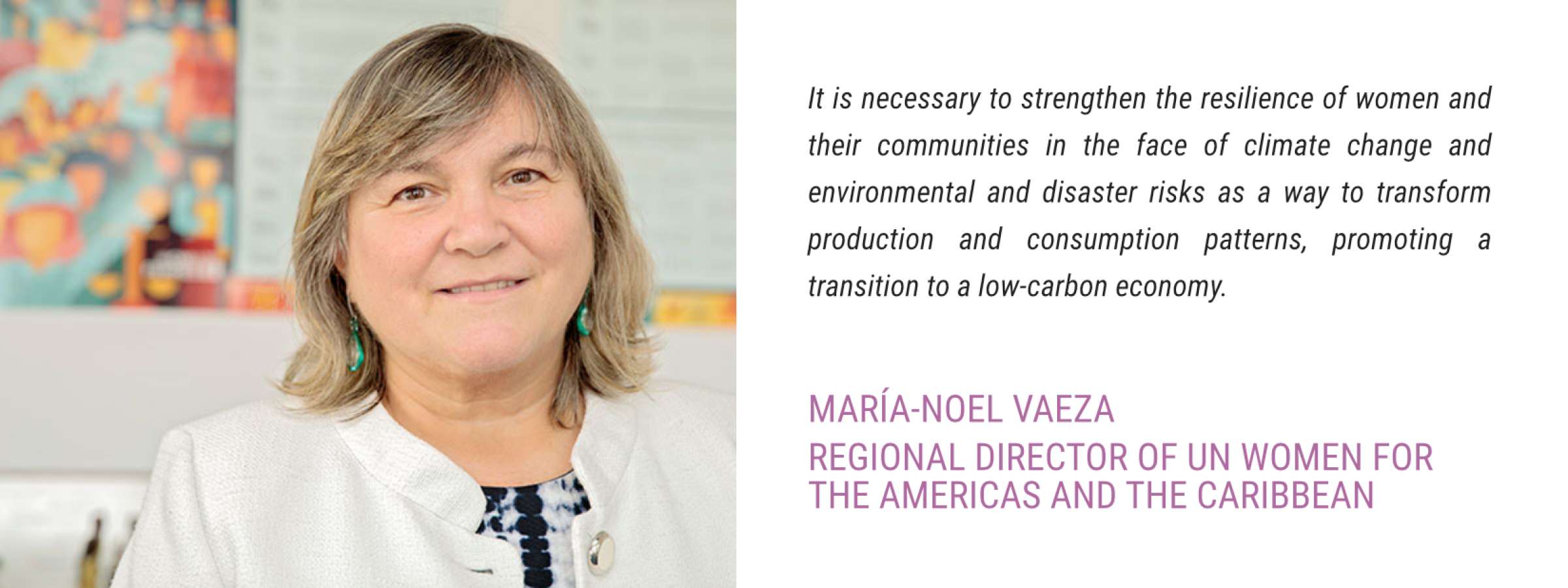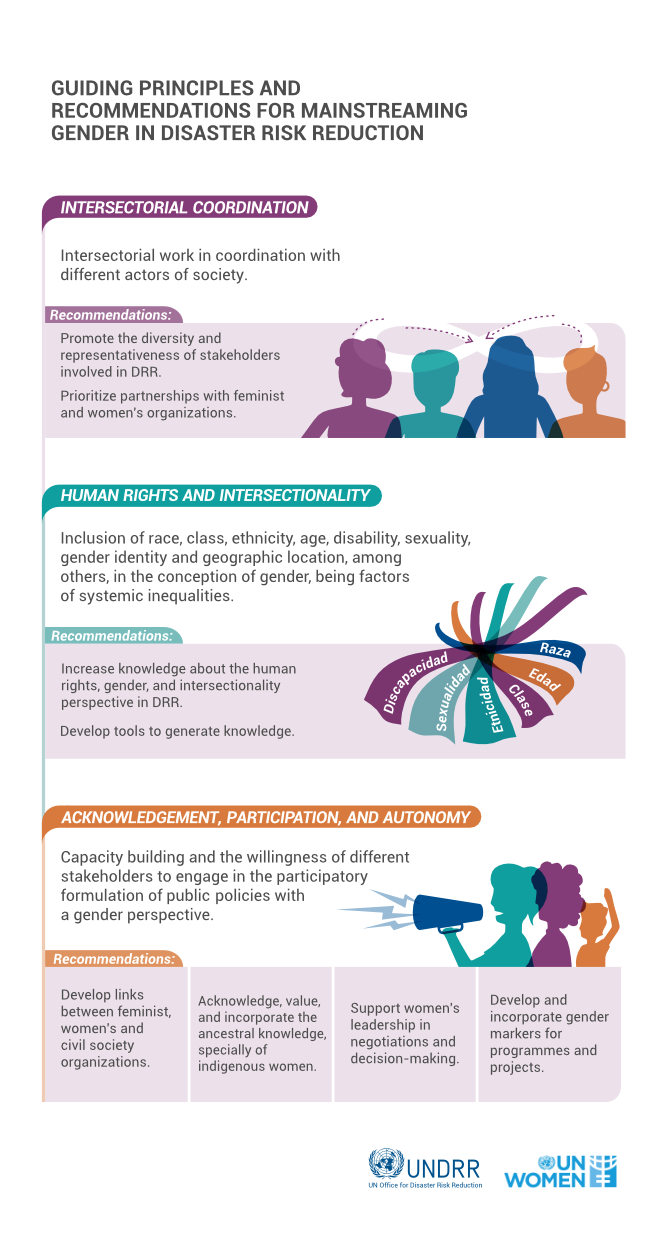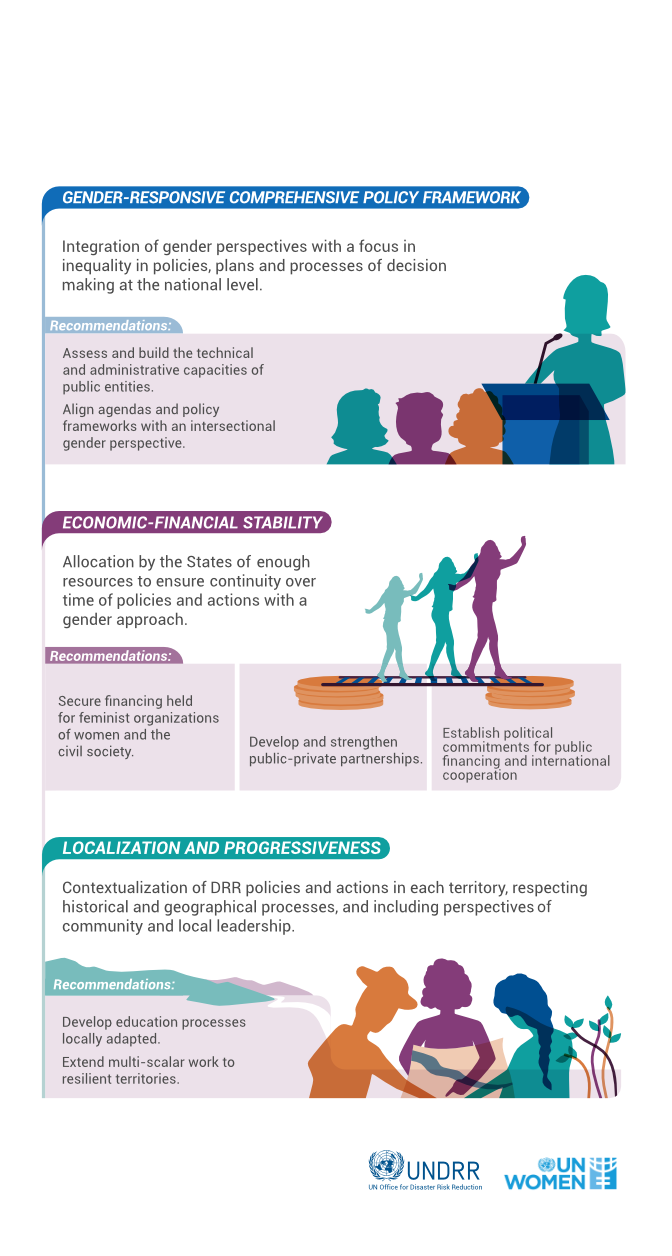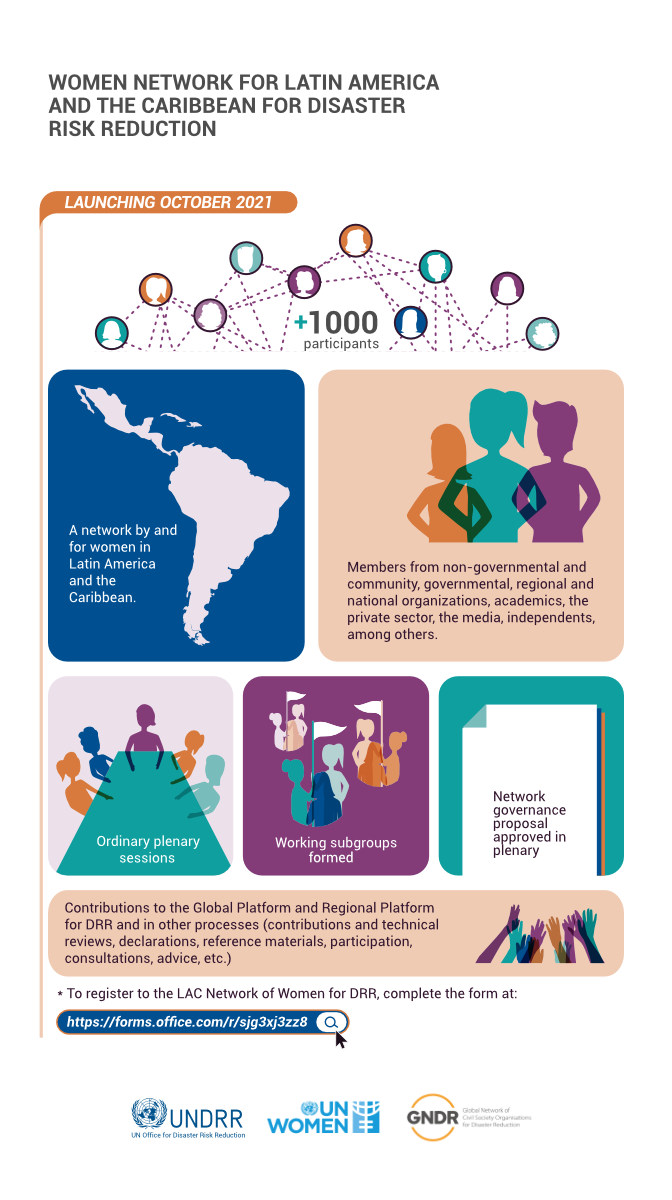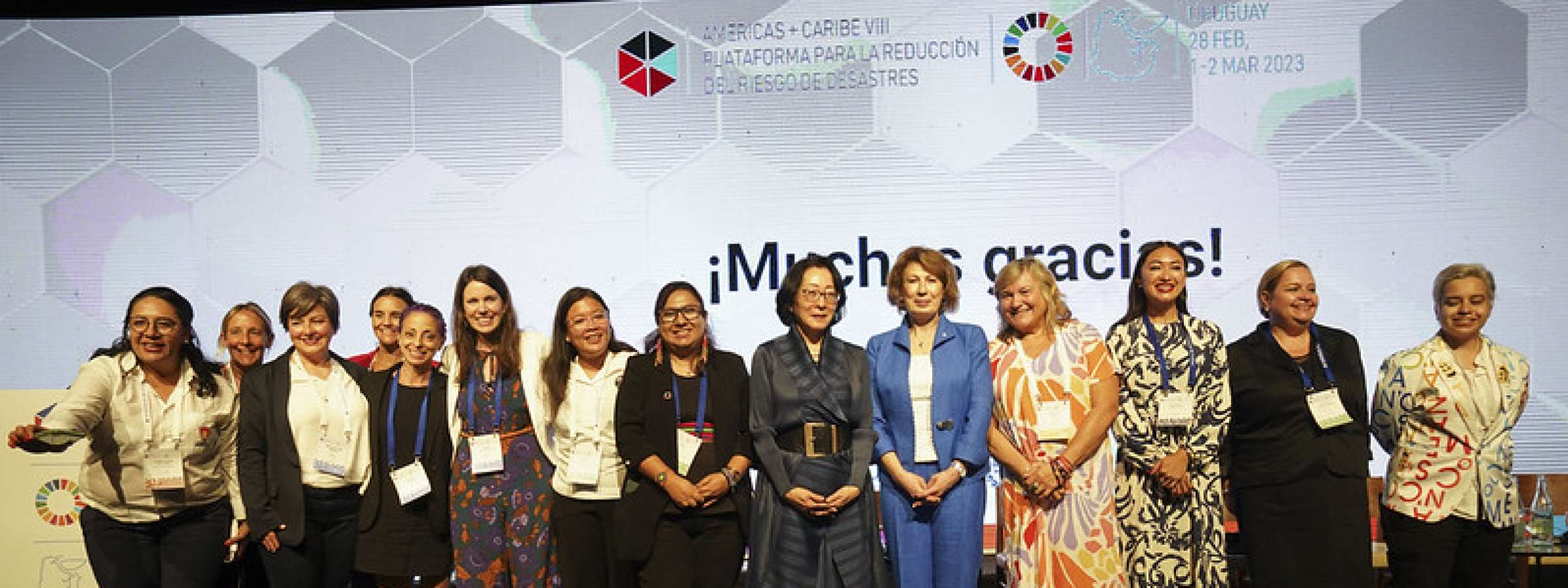This negatively impact their ability to cope with and recover from disasters. The design and planning of DRR policies must recognize gender dynamics to avoid perpetuating and deepening these inequalities and barriers.
The limiting conditions that women and girls face, such as low participation in family and community decision-making, limited access to managing family finances and banking services, credit, or poor access to health care or education, among others, further limit the ability of rural women and girls to prepare for and respond to disaster events.
However, while women are particularly vulnerable in times of disaster, they have proven time and time again that they are highly effective protagonists when it comes to prevention. Women in local communities bring invaluable knowledge to the equation for effective disaster risk reduction action. For this reason, it is essential that public investment address the differentiated needs, demands and proposals of women and girls in a multisectoral manner, who require support, leadership and attention.
It is crucial to ensure the participation and leadership of women's organizations as a measure to improve policies and programs related to disaster risk reduction, and thus strengthen the resilience of this group and their communities against climate change, environmental risks and disasters as a way to transform our production and consumption models.
The role of indigenous women and their organizations in the RDD is especially highlighted. The resilience of indigenous women, their ancestral knowledge in the management of natural resources and the reduction of disaster risk can be considered as innovative practices that can contribute positively to the circular economy, the ecological transition and the consolidation of clean and safe energies, all key factors to reduce the risk of disasters and serve the affected populations.
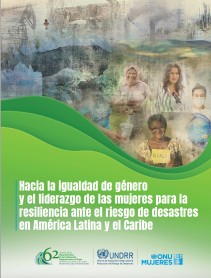
Towards Gender Equality and Women’s Leadership for Resilience to Disaster Risks in Latin America and the Caribbean
Document resulting from the Regional Consultation of Latin America and the Caribbean prior to the sixty-sixth session of the Commission on the Status of Women, where the main theme was "The achievement of gender equality and the empowerment of all women and girls in the context of policies and programs related to climate change, the environment and Disaster Risk Reduction”.
- links here
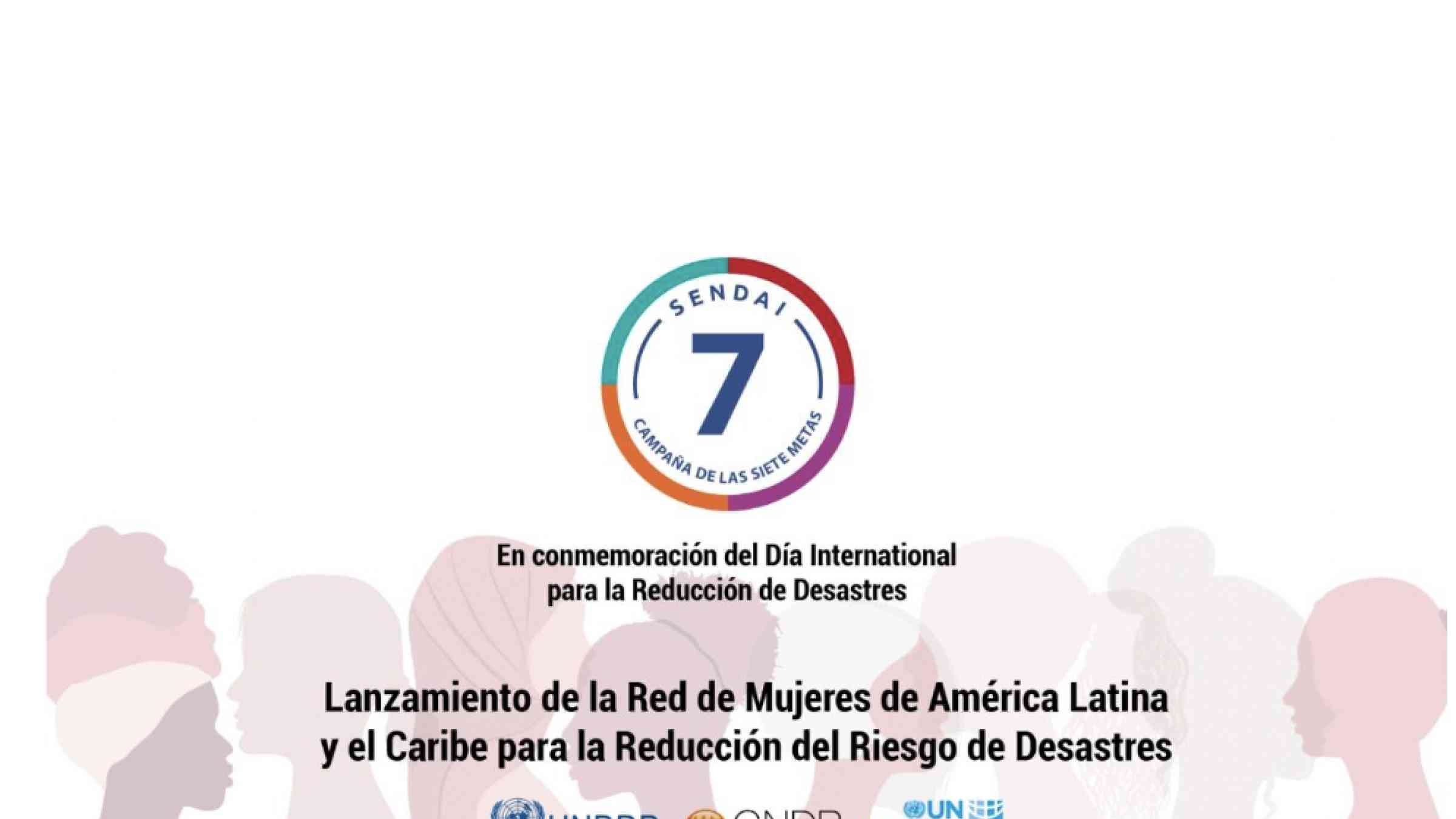
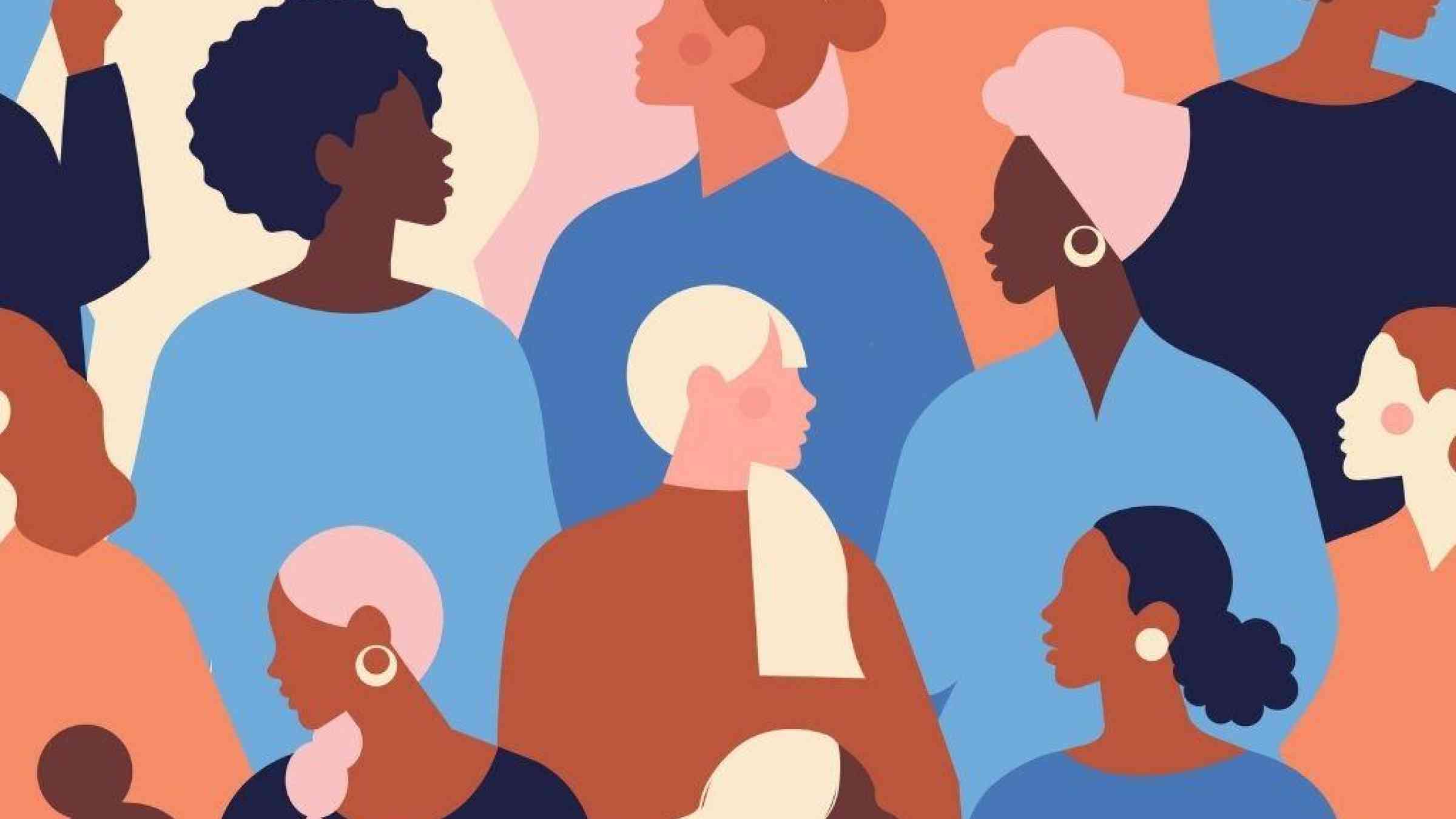
RP23 - A gender approach based on women's autonomy and leadership for a more resilient region
Communication and Featured News
In this section you can find news and communication products related to the participation of women in Disaster Risk Reduction, prepared by both UNDRR and its strategic allies.
Podcast Series
One of the main barriers to sustainable development is gender inequality. The Sendai Framework for Disaster Risk Reduction emphasizes the role of women as agents of change.
In this new episode we look at how disasters are biased and how structural gender inequalities make women and girls more vulnerable to hazards.
